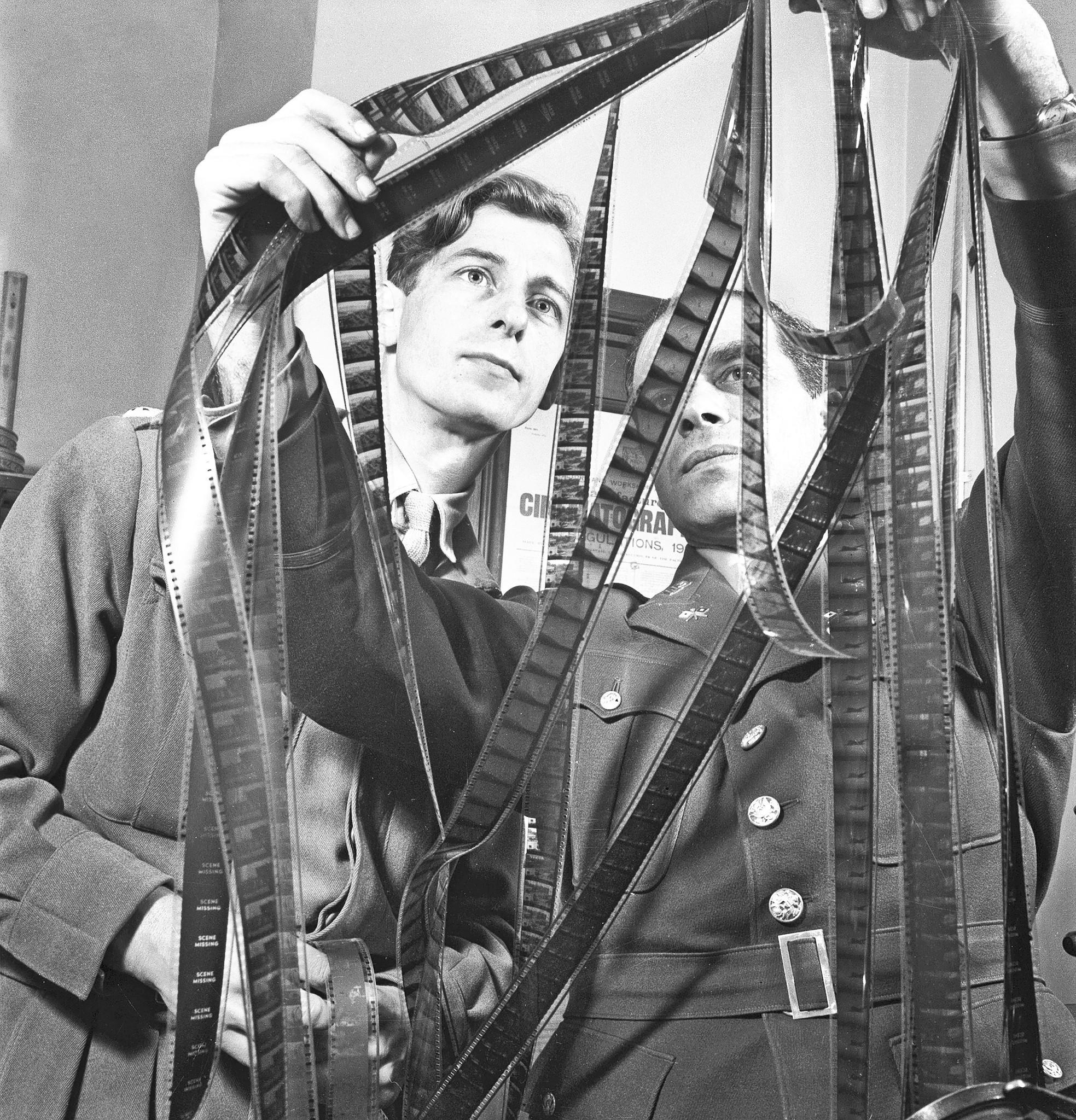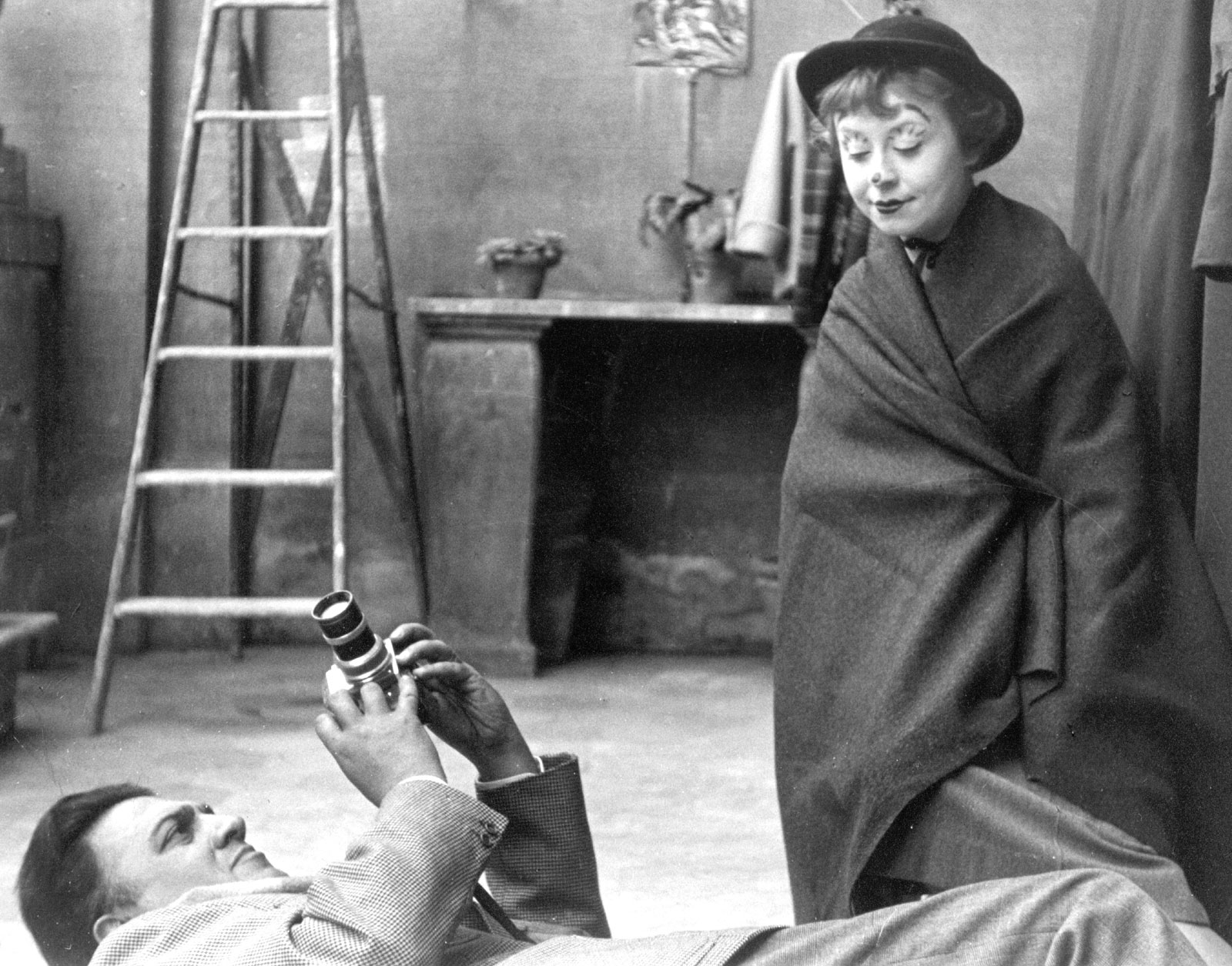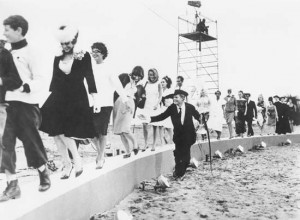In a newly revised edition of Federico Fellini’s 1980 book, Making a Film, there’s a fresh translation of “A Spectator’s Autobiography,” the wonderful essay by Italo Calvino that begins the volume. It’s been adapted for publication by the NYRB.
In the piece, Calvino notes that the unpunctual habits of Italian moviegoers in the 1930s portended the ultimate widespread fracturing of the traditional narrative structure, an artifice intended to satisfy, if fleetingly, our deep craving for order, to deliver us a simple solution to the complex puzzle of life and its jagged pieces.
An excerpt:
Italian spectators barbarously made entering after the film already started a widespread habit, and it still applies today. We can say that back then we already anticipated the most sophisticated of modern narrative techniques, interrupting the temporal thread of the story and transforming it into a puzzle to put back together piece by piece or to accept in the form of a fragmentary body. To console us further, I’ll say that attending the beginning of the film after knowing the ending provided additional satisfaction: discovering not the unraveling of mysteries and dramas, but their genesis; and a vague sense of foresight with respect to the characters. Vague: just like soothsayers’ visions must be, because the reconstruction of the broken plot wasn’t always easy, especially if it was a detective movie, where identifying the murderer first and the crime afterward left an even darker area of mystery in between. What’s more, sometimes a part was still missing between the beginning and the end, because suddenly while checking my watch I’d realize I was running late; if I wanted to avoid my family’s wrath I had to leave before the scene that was playing when I entered came back on. Therefore lots of films ended up with holes in the middle, and still today, more than thirty years later—what am I saying?—almost forty, when I happen to see one of those films from back then—on television, for example—I recognize the moment in which I entered the theater, the scenes that I’d watched without understanding them, and I recover the lost pieces, I put the puzzle back together as if I’d left it incomplete the day before.•
- See also:



